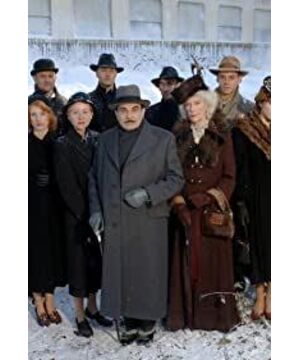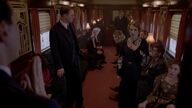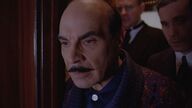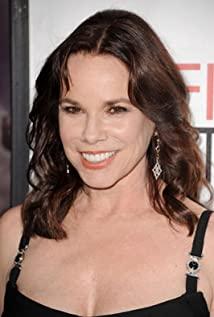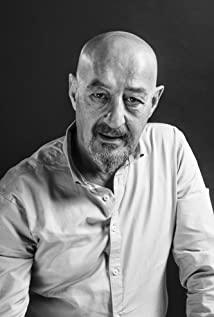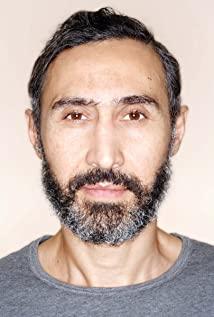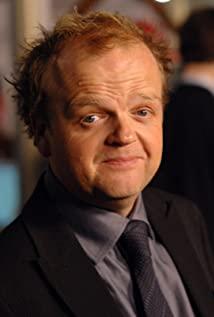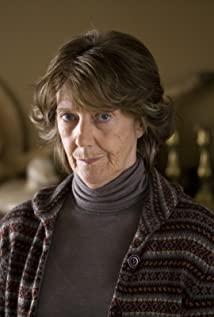(aka) Poirot's justice VS 12-man jury
I watched the 10th version first, then watched the 74th version, and then re-read the original work (I only read half of it before and didn't see the ending), so when I saw the last half hour, I was only confused or confused (God turns)
I don’t know if it’s the most witty and humane story as my grandma and grandson said, but anyway, I was pulled into the pit because of this bgm whole process online when it came to the key, it was very contagious when it sounded to watch (that is, The feeling that makes my brain very excited and nervous) For Poriot's rhetorical question about the 12-person jury's line (not in the original), it is obvious at this time that he is already reminding that there is more than one prisoner (I started I was so confused that I thought it was a British or American joke.) The last thing that is different from the original is that the essence of this version is the last ten minutes.
It was Poirot's case witness who chose "silence" under the statements of 13 people (I think Mary had the most influence) - that is, the first inference in the original book instead of leaving it to Bianchi and the doctor to choose (after all, this version of the doctor All demonized 2333)
Adaptation is really a double-edged sword
The adaptation of this edition is both wonderful and criticized
First of all, obviously the role of the doctor is very important in the original book and he is an absolutely irrelevant bystander, that is, he can provide evidence or theories objectively so that Poirot or the audience will not doubt the authenticity, but in this version even the doctor has become The prisoner has two problems
One Poirot was able to detect the truth with the help of a prisoner (and all kinds of misleading) (I don't know if the director wanted to express Poirot's power or satirize the prisoner to shoot himself in the foot)
The role of the second doctor has become a contradiction, and he has to help the detective and the prisoner. It does not conform to the doctor set by Watson in the original work (the contrast with the 74 version is too strong....)
The wonderful place Every character is very real and full because of the excellent performance of the actors and the bonus lines (more detailed dialogues than the original) I am most impressed by the part where the nanny Olsson talks about God with Poriot (the original). She is portrayed as a very sympathetic and loving person) added some hatred to make the character more human
And the last conversation between Mary and the detective about the word "complete" I think is the most touching Poirot (I'm not religious so I don't feel that deep)
Before the finale, I was only nervous and shocked by the plot, but I wanted to cry when I saw Poirot's eyes with tears (I don't know why, maybe it's because the acting is too good)
So although this version has a big change and the atmosphere is a lot heavy, I still like it very much because seeing a different Poirot will also be sad and will violate his own justice. I just don’t know whether Poriot, as the party concerned, thinks he is lucky or unfortunate. Became "Harris" to witness this ending
View more about Murder on the Orient Express reviews


